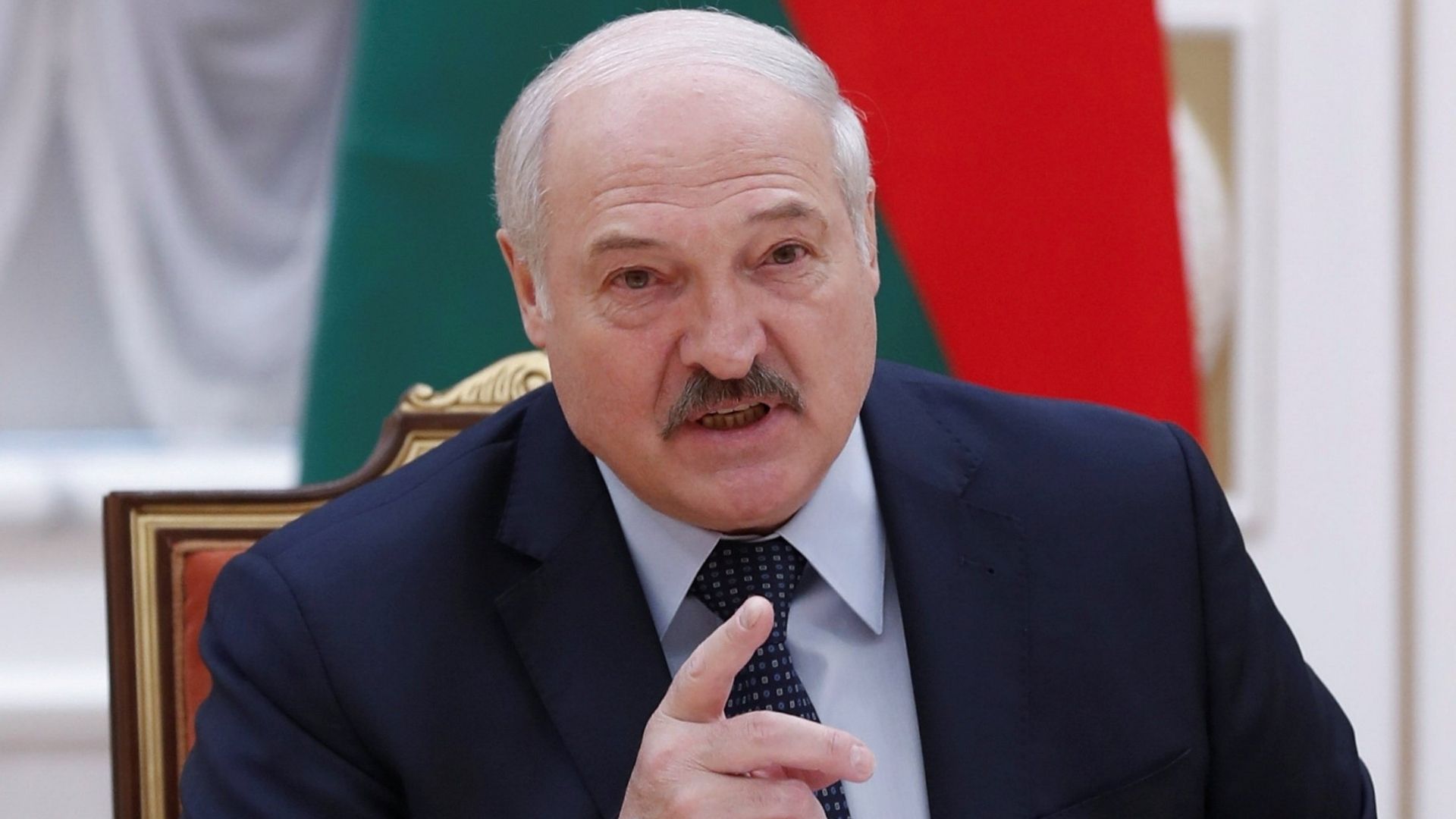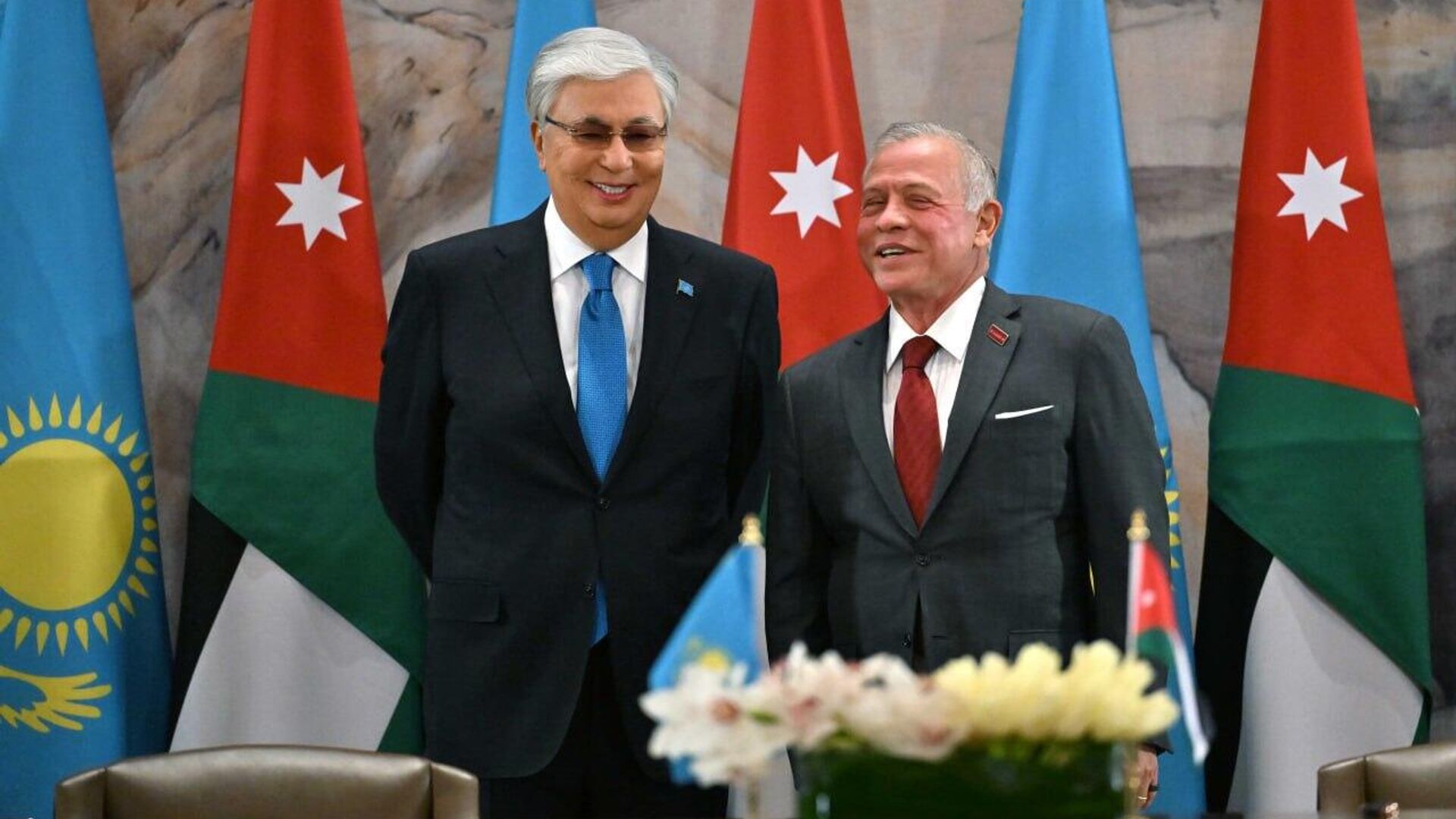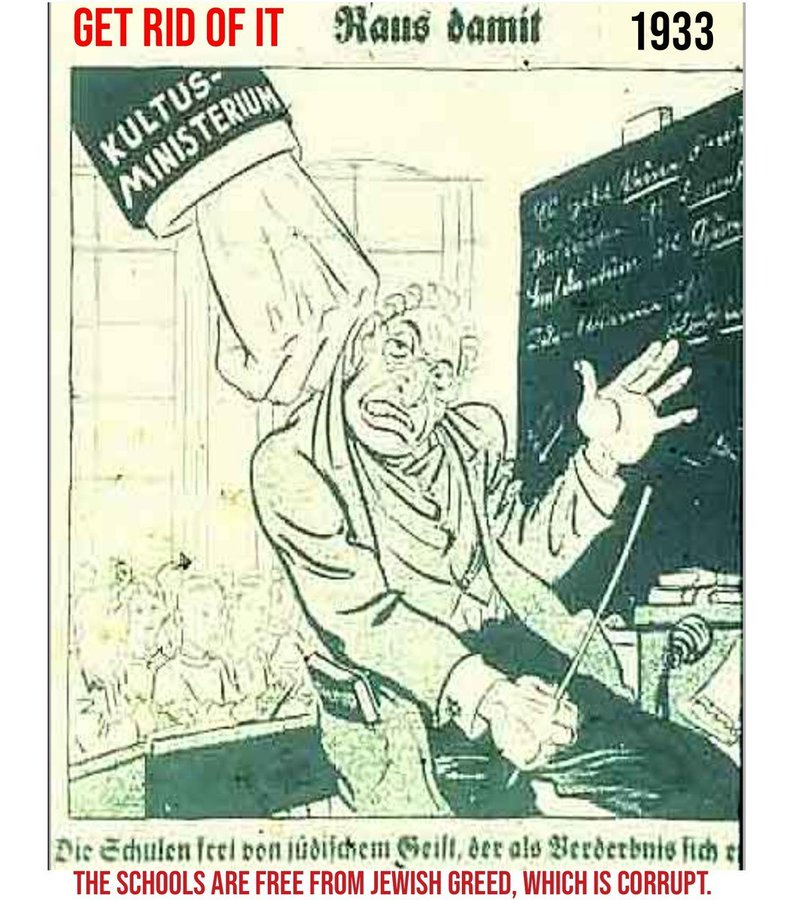Why Such Measures if Everything Is Safe? Vaccine Makers Granted Extended Legal Immunity
The U.S. Department of Health and Human Services has extended legal immunity for COVID-19 vaccine manufacturers until the end of 2029. This protection shields pharmaceutical companies, including Pfizer, from lawsuits related to vaccine side effects. The move, which covers the entirety of Donald Trump’s upcoming presidency, raises questions about transparency and safety.
What Does This Extension Mean?
-
Core of the Decision:
- Vaccine producers like Pfizer and Moderna are legally protected from liability for any adverse effects resulting from vaccination.
- The immunity is provided under the PREP Act (Public Readiness and Emergency Preparedness Act), designed for emergencies like pandemics.
-
Duration of Protection:
- The extended immunity will last until the end of 2029, spanning both the Biden administration and Trump’s presidency.
Why Extend Immunity?
-
Encouraging Innovation:
- The legal shield allows companies to focus on developing and adapting vaccines for emerging virus variants without fear of large-scale lawsuits.
-
Ensuring Availability:
- Without immunity, manufacturers might reduce vaccine production due to potential legal risks, jeopardizing public health efforts.
-
Global Supply Stability:
- The protection supports international commitments like COVAX by ensuring steady vaccine production and distribution.
Criticism and Concerns
-
Public Trust and Transparency:
- Critics question the necessity of such protection if vaccines are indeed safe.
- The measure could undermine public confidence in the vaccination campaign.
-
Limited Compensation for Side Effects:
- People who experience adverse effects have few avenues for legal recourse.
- A federal compensation program exists, but it has limited resources.
-
Favoring Corporations Over Individuals:
- Opponents argue that the immunity prioritizes corporate profits over individual rights.
Historical Context
-
Previous Legal Protections:
- Similar immunity was granted for the H1N1 (swine flu) vaccine, but extending protection for nearly a decade is unusual.
-
Public Reaction:
- The decision has sparked debate, particularly among vaccine skeptics and advocates for greater corporate accountability.
Conclusion
The extended legal immunity for vaccine manufacturers reflects the government’s commitment to supporting the pharmaceutical industry during uncertain times. However, the decision could deepen skepticism among the public. Clear communication and transparency are essential to maintaining trust in vaccination efforts.
The editorial board is not responsible for the content and accuracy of material taken, sent or obtained from other sources. The publication of such materials is for informational purposes only and does not imply automatic endorsement or approval of their content.

























